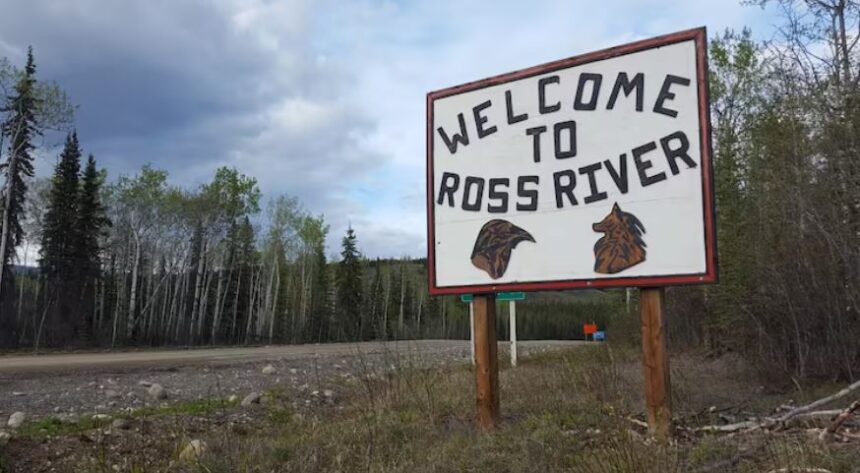The remote community of Ross River, Yukon faces a critical healthcare gap as its only health centre operates without nursing staff for more than a week, raising serious concerns about emergency medical access in one of Canada’s most isolated regions.
According to a notice from Yukon Health and Social Services, the Ross River Health Centre will be without nursing coverage from June 30 until at least July 8—leaving residents without immediate local healthcare access during the peak summer season when tourism and outdoor activities typically increase.
“Communities like Ross River represent the ongoing healthcare challenges faced in Canada’s North,” said Dr. Miranda Thompson, a rural health policy expert at the University of Northern British Columbia. “When a single health centre loses its nursing staff, it creates a healthcare desert for residents who may be hundreds of kilometers from the next available facility.”
The staffing shortage comes amid a persistent national nursing crisis, with northern communities particularly vulnerable to the effects of healthcare worker turnover and recruitment difficulties. Data from the Canadian Nurses Association indicates northern regions face vacancy rates nearly three times higher than urban centers, with some remote locations experiencing staffing gaps lasting weeks or months.
For Ross River, a predominantly Indigenous community of approximately 350 residents located 360 kilometers northeast of Whitehorse, these service interruptions compound existing health inequities. The nearest hospital is over three hours away by road, making timely medical intervention for emergencies nearly impossible without local healthcare staff.
Yukon Health officials have implemented contingency measures, including 24-hour phone access to virtual nursing consultations and on-call emergency services from Whitehorse. However, community leaders question whether these alternatives provide adequate protection during critical situations.
“There’s a world of difference between speaking to a nurse on the phone and having someone physically present who can assess and stabilize a patient,” said Marie Wolfe, a former northern healthcare administrator. “The reality is that in emergency situations, particularly those involving trauma, minutes matter. Virtual consultations cannot replace hands-on care.”
This temporary closure is not an isolated incident. According to health department statistics, the Ross River Health Centre has experienced staffing shortages for approximately 42 days over the past year—nearly 12% of operational time—highlighting systemic issues in northern healthcare provision.
The territorial government has initiated emergency recruitment efforts and increased salary incentives for nurses willing to work in remote communities. However, healthcare policy experts suggest more fundamental approaches are needed.
“We need to address the underlying factors that make it difficult to retain healthcare professionals in remote communities,” said Dr. Thompson. “This includes not just competitive compensation, but also ensuring adequate housing, professional development opportunities, and sustainable workloads that prevent burnout.”
The Ross River Dena Council has called for urgent government intervention, warning that continued healthcare interruptions threaten the community’s viability. Chief Jennifer Lasley emphasized in a recent statement that “healthcare is not a luxury but a basic right for all Canadians, regardless of geographic location.”
As climate change accelerates and northern communities experience more extreme weather events, reliable local healthcare becomes increasingly critical. The situation in Ross River reflects a broader pattern affecting many Indigenous and remote communities across Canada’s North, raising important questions about equitable access to essential services.
As temperatures rise and summer activities increase across the Yukon, residents of Ross River face an unsettling question: In a country that prides itself on universal healthcare, why do some communities continue to be left without basic medical services for days or weeks at a time?


















